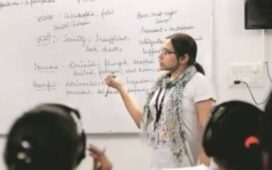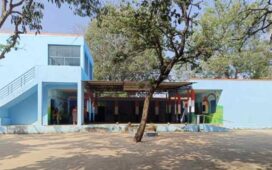Education is an essential part of personal and societal growth. It equips individuals with the knowledge, skills, and competencies necessary to navigate the complexities of the world and contribute to society. However, education is more than just acquiring information and skills; it is a transformative process that fosters critical thinking, creativity, and personal growth.
In today’s knowledge-based economy, education is more important than ever. The skills and competencies needed to succeed in the workplace are constantly evolving, and individuals with higher levels of education are more likely to secure well-paying and stable jobs. Moreover, education can improve health outcomes, reduce poverty, and promote social and economic development.
Beyond the economic benefits, education also has social and cultural value. It can promote intercultural understanding, tolerance, and respect for diversity. Education can help individuals become engaged citizens, empathetic leaders, and informed decision-makers.
However, not everyone has equal access to quality education. Inequalities in education can perpetuate social and economic disparities, exacerbate poverty and inequality, and limit individuals’ opportunities for personal growth and development.
In conclusion, education is a crucial investment that can benefit individuals and society as a whole. By prioritizing education and ensuring equitable access to quality education, we can create a brighter and more equitable future for all.















